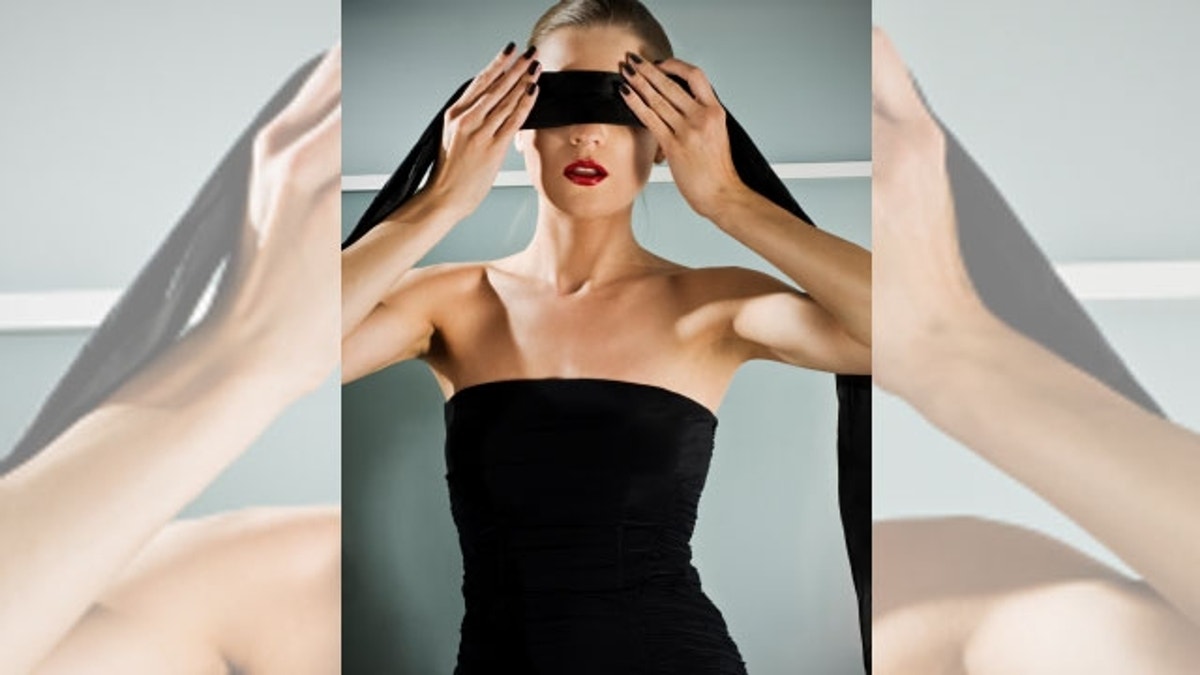
Experts say there are six different ways you can be "in love." And your love style may change over the course of your relationship.
[sidebar]
Knowing your style can help you evaluate your relationship, says Susan Hendrick. It'll help you have more realistic expectations about how love happens for you and how it evolves. If you understand that it's normal for a loving couple to have a platonic relationship, for instance, you'll know not to worry if there aren't fireworks.
So what kind of lover are you? Check out these descriptions to find your personal style, and learn how you can keep your relationship healthy and happy.
The romantic
You love being in love. You may be swept away by your new lover's looks or other appealing physical attributes—and disappointed when they change over time.
Keep it healthy: Remember that true love doesn't recede with his hairline, and romance doesn't have to fade as the relationship matures. Plan dates, weekend getaways, or just-the-two-of-you vacations to rekindle the spark that ignited your relationship, suggests Pepper Schwartz, a sociology professor at the University of Washington in Seattle and relationship expert for Perfectmatch.com.
The list-maker
"You have criteria that are important, and you won't change them," Schwartz says. Even if you're in a committed relationship, you may put too much pressure on your partner to live up to your standards.
Keep it healthy: Let go of the list. Schwartz warns that clinging to those must-haves could mean a chafed relationship or a lonely life. "Ultimately, the important things are companionship, love, a capacity for forgiveness," she says. "Not the stuff that may impress outsiders."
The obsessive
You want to spend all your time with your partner. And you constantly worry about your relationship, even when you've been together for years. Schwartz says this kind of partner can be overbearing or have highs and lows that drive her significant other crazy.
Keep it healthy: Don't crowd your lover, Schwartz says. "Realize that too much of a good thing can be too much." You may need to talk to a counselor who can help you understand why you feel so insecure and help you find ways to put your relationship in perspective.
The giver
You may give more than you get. "At some point, you find that it's all going one way," Schwartz says. You're constantly working selflessly to meet your partner's needs, but you're not looking after you.
Keep it healthy: It's important to have a life outside of your marriage. Develop your own interests, cultivate your own friendships, and reserve time to do things you like to do—without your partner.
The player
You love courtship. "For these lovers, the chase is a lot of it," Schwartz says. You're easily bored in long-term relationships, though, and your eye may roam.
Keep it healthy: First, avoid situations that could lead to affairs. "Don't have a drink with that interesting colleague," Schwartz says. "Take temptation out of your life." Instead of looking for excitement outside your relationship, try doing new things (salsa dancing, anyone?) with your partner, so you can see him in a fresh light.
The pal
Love seems to creep up on you. One day you think, "Wow, I've really been spending a lot of time with Jack," then realize you're in love. In the long term, your relationship may be quiet, but it's strong.
Keep it healthy: Don't let your thing get too platonic. "You need moments of romance," Schwartz says. Planning a special dinner for two or just planting a passionate kiss on him once in a while shows your partner (and reminds you, too) that you think he's sexy and exciting.
